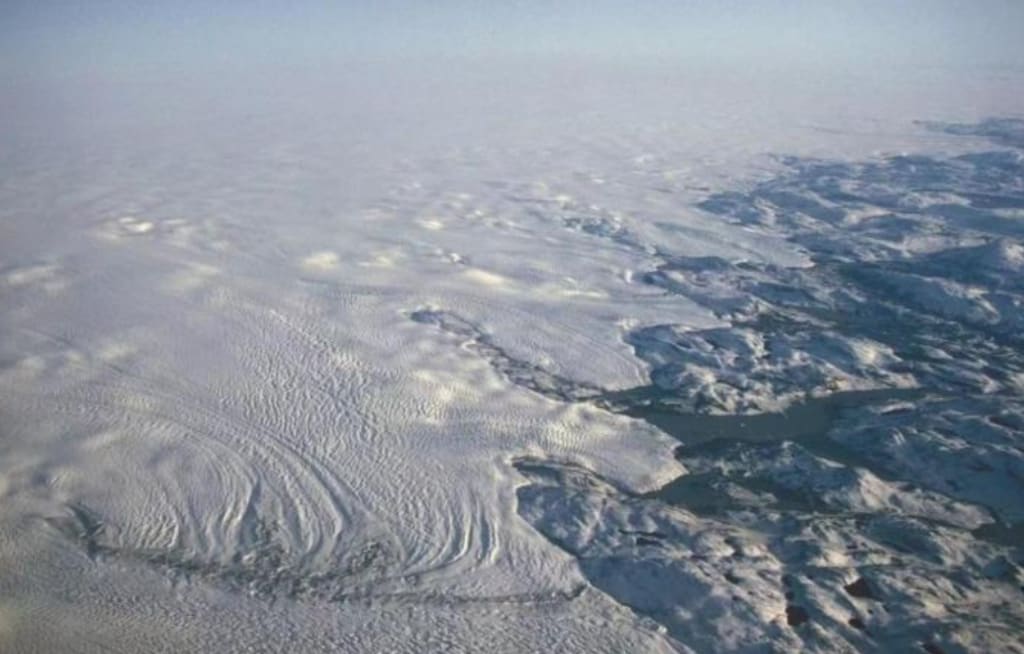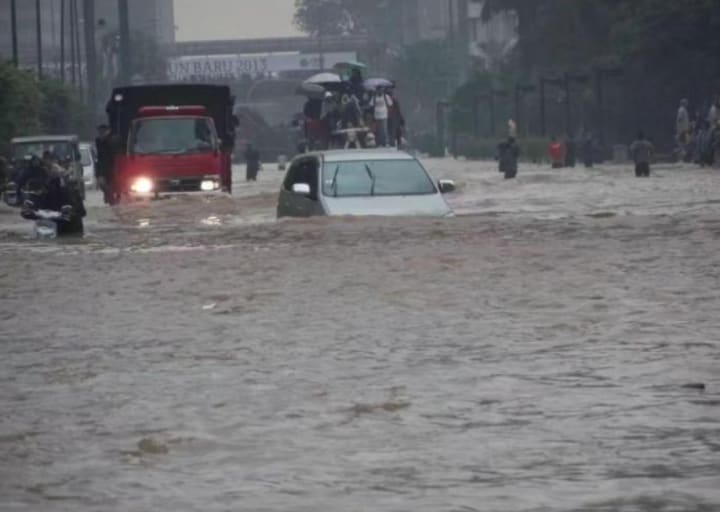
Sea level heights rise and fall throughout the history of life on Earth. As the Earth's tectonics and climate evolved, the changes ranged from a few meters and tens of meters to as high as hundreds of meters.
For example, about 20,000 years ago, 12,000 years after the end of the most recent ice age, sea levels rose by about 120 meters and have remained largely stable since then.
However, the time came to the eighteenth century and mankind has since entered the industrial age, and then it was on a highway to expand carbon emissions until it broke the once stable ecological environment. The seemingly stable sea level has been on a rising trend since 1880 when sea level heights began to be recorded.
There are two main reasons for its rise: First, as the ocean warms, seawater expands thereby increasing the volume of the water column. Over the past 25 years, about half of the sea level rise has been attributed to ocean warming; second, melting ice sheets and glaciers further contribute to sea level rise.
For example, the ice cap of Greenland, in the northern part of the planet, loses a net 150-1800 billion tons of ice each year. Today, it is melting seven times faster than it did 30 years ago. If the entire ice cap on Greenland melted, sea levels would rise by 7 meters.
It is important to know that the rise in sea level will cause the coastal land area to shrink, and two-thirds of the world's cities with more than 5 million people, are concentrated in coastal areas less than 10 meters above sea level.
This will therefore pose a potentially serious threat to many coastal countries, especially those with numerous islands, densely populated and low-lying coastal areas, and small, low-lying island nations.
According to UN climate experts, sea levels have risen 15 to 25 centimeters since 1900, at a rate greater than in any century in 3,000 years. And the rate of rising is accelerating, especially in some tropical regions.

If the warming trend continues, the ocean around islands in the Pacific and Indian oceans could rise nearly another meter by the end of the 21st century. Factoring in the uncertainty of ice sheet processes, global sea level rise could even reach 2 meters and 5 meters in 2100 and 2150 under a high carbon emissions scenario.
The UN Intergovernmental Panel on Climate Change estimates that by 2100, at least five countries could be submerged by seawater due to sea level rise and create 600,000 stateless climate refugees.
The loss of national territory is undoubtedly the greatest tragedy for a nation and a people. This is because according to the clear provisions of the Montevideo Convention on the Rights and Duties of States: a state consists of a defined territory, a resident population, a government, and the ability to interact with other states. Therefore, if the territory is submerged, then the country will disappear from jurisprudence and not be recognized.
The only solution is a "government-in-exile" mechanism. It requires another sovereign state to voluntarily give up territory and offer it to the losing state for relocation.
However, the ideal is good, the reality is harsh, and I don't think any country would voluntarily give up its territory.
In addition, higher sea levels coincide with more dangerous hurricanes and typhoons that move more slowly and receive more rainfall, resulting in stronger storm surges that can destroy everything in their path. The study found that almost half of all deaths caused by Atlantic hurricanes between 1963 and 2012 were caused by storm surges.
In short, changes in sea level are biologically relevant, as its decline shrinks the ocean and makes it saltier, leading to the accelerated extinction of certain marine organisms. Its rise in turn will severely erode coastal areas and flood low-lying areas, thus reducing the space for human survival.
With 60% of the world's population living in coastal areas near the coast, sea level change is bound to have a significant impact on the sociology-economic, natural environment, and ecosystems there.
About the Creator
Brenzee
Those who love others will always be loved; those who respect others will always be respected.






Comments
There are no comments for this story
Be the first to respond and start the conversation.